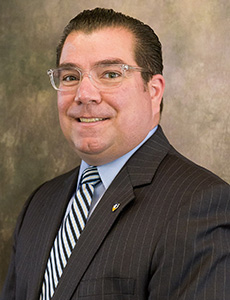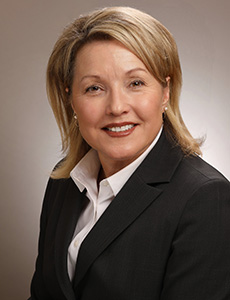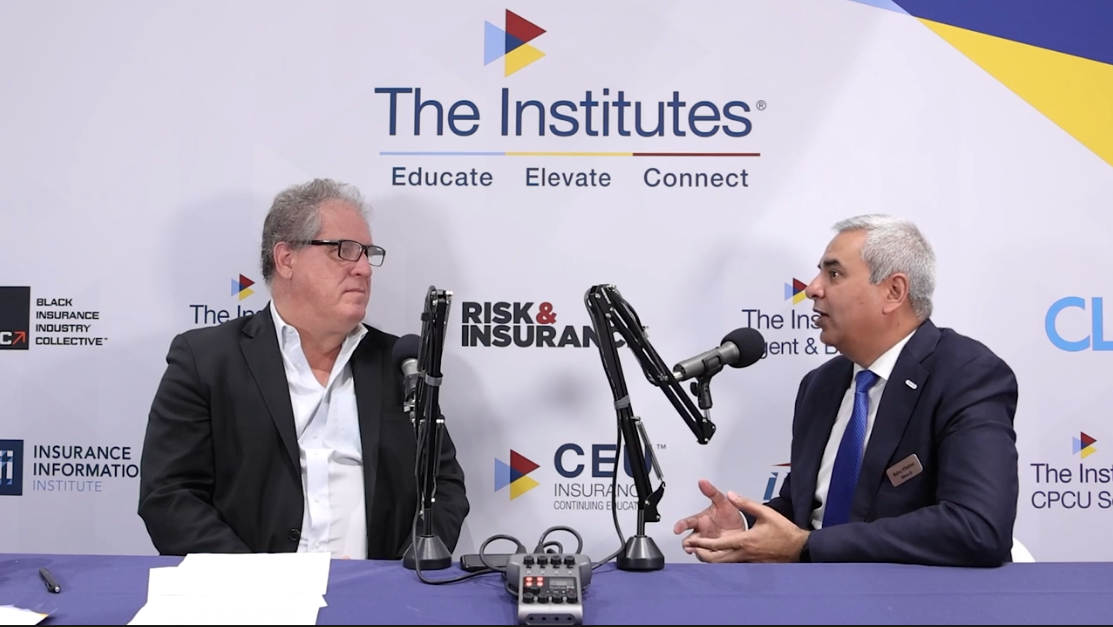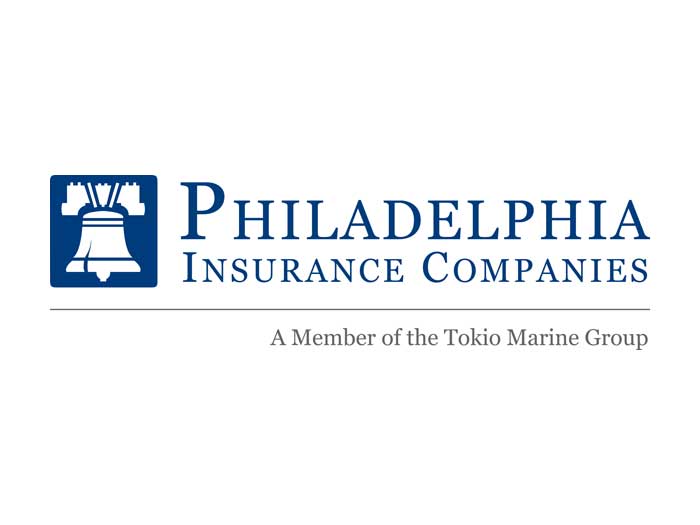Key Factors Driving the Ongoing Push to Consolidate in Commercial Insurance

Independent insurance broker mergers and acquisitions (M&A) soared to a record high in the U.S. in 2020, fueled by private equity capital and the need to rebalance commercial and personal lines business books.
An added impetus was the need to digitize because of the COVID-19 pandemic and increasing competition from Insurtech providers, prompting firms to turn to M&A to drive efficiency and achieve economies of scale.
So frenzied was activity that an all-time high of 705 deals were announced last year, up from 648 in 2019, according to MarshBerry.
Of those transactions, 57 agencies carried out two or more in 2020, compared to 49 the previous year.
Over the same period, 169 firms were involved in all of the transactions, down from 202.
Valuations also peaked, shooting up 10% higher in the fourth quarter of 2020 than in the first quarter.

Michel Schaft, managing director, MarshBerry International
“Private equity firm investors have discovered the world of insurance brokers and agents and view them as a great investment opportunity due to their profitability and resilience to weather any crisis,” said Michel Schaft, managing director of MarshBerry International.
“Combined with that is the availability of cheap debt for financing and a lack of perpetuation among family businesses — that is what’s driving this sudden growth in consolidation.”
This flurry of M&A activity and the added complexity of completing multiple deals makes it more critical than ever for brokers to have the right expertise and experience of how both parties operate to make the deal as seamless as possible.
On top of that is the challenge of securing funding through a suitable lender that both understands an agency’s valuation and can assess their revenue based on insurance premiums.
Traditional Agency Cycle
The main driver behind this wave of consolidation is the traditional business cycle of agencies, said Peter Miklos, executive vice president at Univest Bank and Trust Co.
At the top level, private equity is actively investing in firms, while, in the absence of succession planning, owners are looking to sell to a key employee or third party, he added.

Peter Miklos, executive vice president, Univest Bank and Trust Co
“As large agencies take over medium and medium take over smaller ones, there are fewer smaller agencies to cater to customers’ needs,” Miklos said.
“When consolidation occurs in this way it doesn’t always create the best outcome for consumers. Customers of larger agencies get pushed to call centers for service and aren’t feeling they are serviced well. So the cycle starts again where agents form small to medium agencies to pick up those unhappy customers.”
Another key motivating factor is the need for agencies to have a more balanced personal and commercial lines portfolio.
This is because commercial insurance is a more natural fit for brokers given clients’ complex needs and the requirement to work with an agent they trust, whereas with personal insurance, it’s easier to buy their products online.
Firms have been actively trying to redress the balance.
“This generational and cultural shift towards e-customers services, as opposed to in-person relations, is forcing independent agents to focus their time on selling commercial policies as opposed to personal policies,” Miklos said.
“Commercial lines haven’t been commoditized like personal policies, so it’s typically split 60% commercial and 40% personal, with the hopes that this will grow over time.”
Confidentially and Lending Issues
A deal’s success hinges on senior management’s experience of handling M&A and how well they have absorbed the new firm into their business.
It’s also pivotal to have a strategy in place for retaining the legacy agency’s clients by reaching out to them and showing them the new agency’s value.
Another challenge is the confidentiality around the deal, meaning agencies often can’t perform their due diligence fully, said Denise Bramhall, partner and vice president of WSMT.

Denise Bramhall, partner and vice president of WSMT
Assimilating the two parties’ different management systems and technologies can be another stumbling block and large expense.
“Often times, mergers and acquisitions happen quickly and don’t allow enough time for agencies to learn everything about the company and its technology,” Bramhall said.
“The added confidentiality surrounding the deal also means that there’s limited ability to meet the people and understand the technology and policies already in place before signing the deal. Knowing these things ahead of time would allow for them to be worked into the deal and will save both time and money.”
A further problem is that many lenders don’t understand how to value an agency based on its book of business. Without real estate, agencies lack tangible collateral for loans and many banks don’t consider a book of business as such.
“This leaves agencies unable to get insurance loans,” Miklos said. “Owners may be able to get a loan based on their personal assets, but this is not the traditional route to go.
“But there are lenders out there that will work with agency owners to provide loans based on the agency’s enterprise value. They understand how to value and margin an insurance book of business and lend against it.”
Bramhall added: “When an agency purchases another, it’s not just purchasing their book of business, they’re purchasing the assets and goodwill as well. Banks that aren’t used to dealing with insurance agencies don’t understand how this appears on a balance sheet and look negative as a result. However, banks that frequently lend to insurance agencies understand this and take that into consideration when deciding the agency’s value.”
When looking for a lender, Miklos advises firms to ask them about the type and volume of transactions they have funded and if they have worked with a similar business before.
That can include whether it was a private equity, perpetuation or third party deal, and the level of complexity that they had to overcome, he said.
“My key takeaway is to hire a good advisor,” Schaft said.
“They can really enhance the value of your company in the transaction by helping you to do your due diligence and ensure there is full transparency throughout the process so there are no surprises later on.” &










